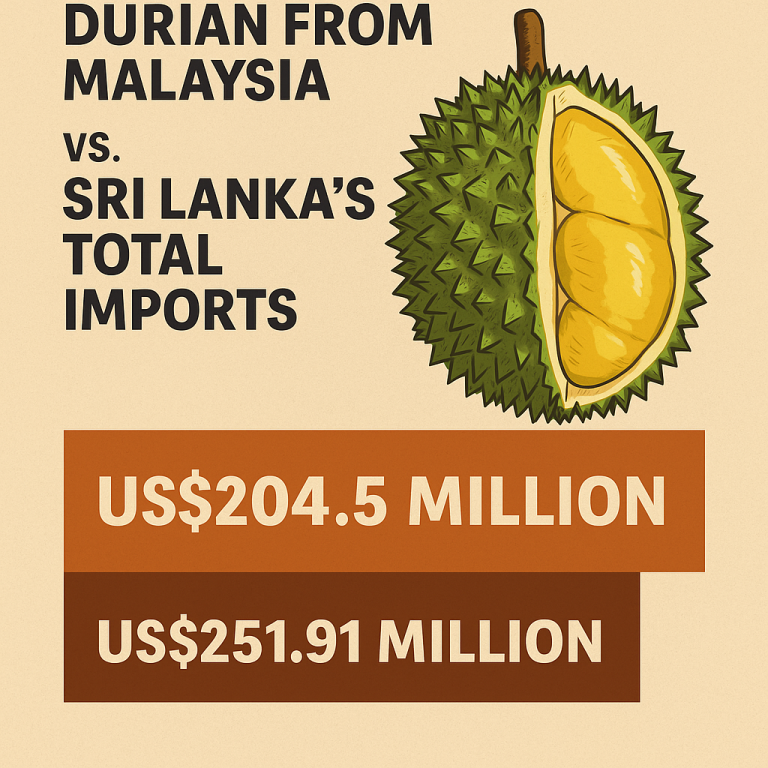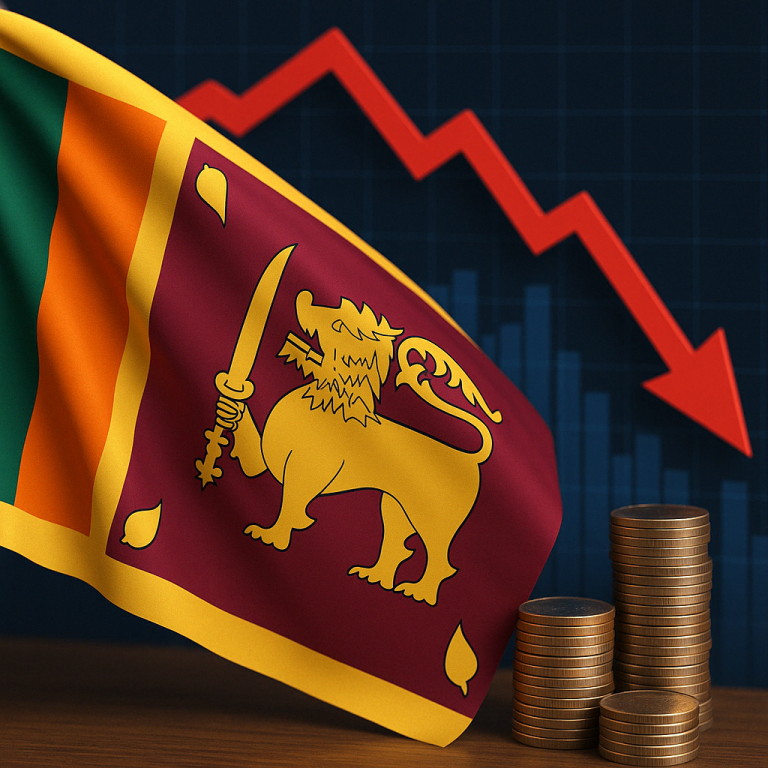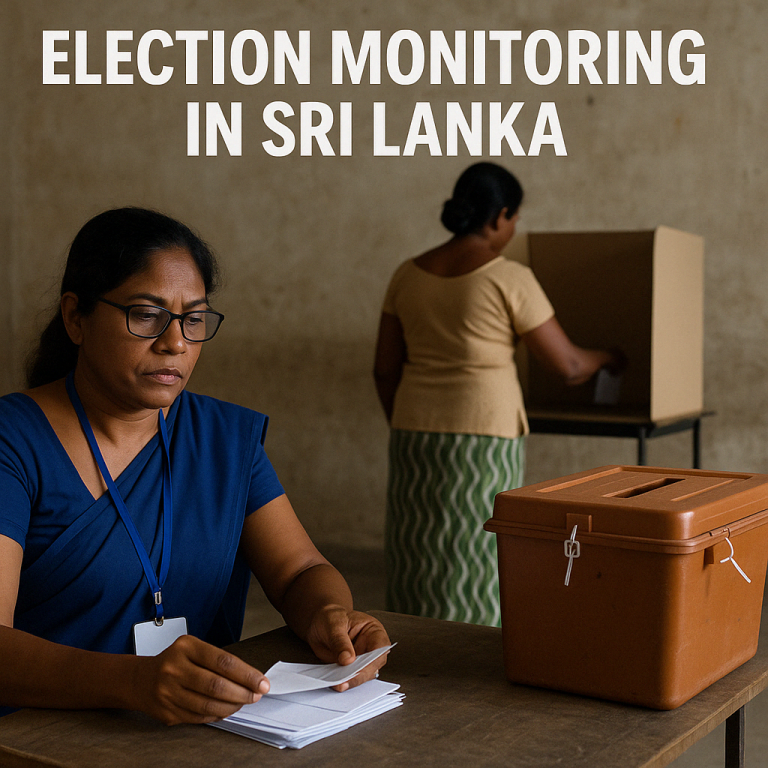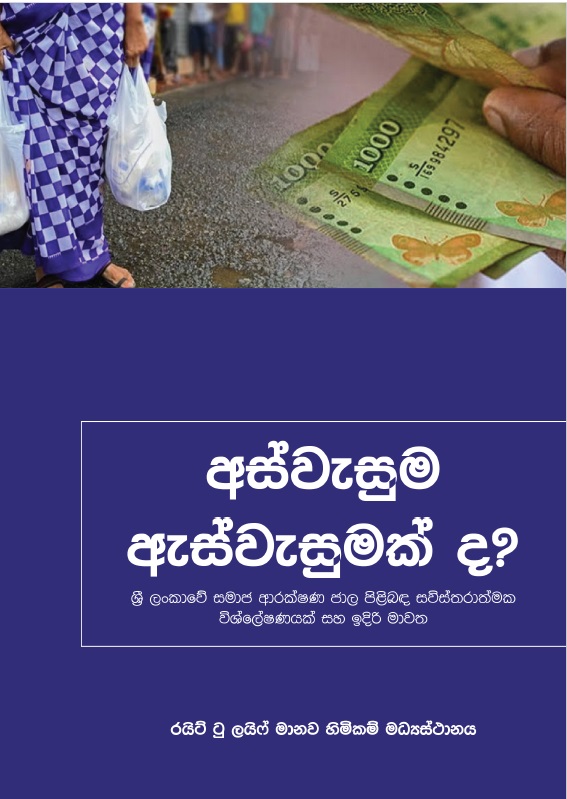Chethana Gomis
Pakistan has narrowly averted a severe economic crisis by heeding lessons from Sri Lanka’s financial collapse and engaging the International Monetary Fund (IMF) in a timely manner. While Sri Lanka faced controversy and criticism for its early declaration of bankruptcy, Pakistan proactively sought IMF support, securing a staff-level agreement on a 37-month Extended Fund Facility (EFF) worth approximately US$7 billion.
Timely IMF Intervention for Pakistan
Pakistan’s new agreement builds on the economic stability achieved under the 2023 Stand-by Arrangement (SBA). This new program aims to:
- Solidify macroeconomic stability.
- Foster conditions for stronger, more inclusive, and resilient growth.
- Strengthen public finances.
- Reduce inflation.
- Rebuild external buffers.
- Remove economic distortions to stimulate private sector-led growth.
This proactive engagement with the IMF is designed to help Pakistan avoid the pitfalls that befell Sri Lanka, which experienced significant economic instability.
Sri Lanka’s Reluctance and Premature Bankruptcy Declaration
In contrast, Sri Lanka was reluctant to engage with the IMF and announced a controversial bankruptcy early, a move some claim was premature. Prior to its economic collapse, the IMF had issued multiple warnings to Sri Lanka regarding its economic policies. These included concerns over:
- High fiscal deficits.
- Sustainability of public debt.
- External imbalances.
- Need for structural reforms.
- Effectiveness of monetary policies.
- Adequacy of social safety nets.
Ignoring these advisories led to severe economic consequences for Sri Lanka, including a significant increase in the poverty rate from 13% to 25% since 2021 and inflation soaring to 57.2%.
Comparative Outcomes
If Sri Lanka had reached an agreement with the IMF similar to Pakistan’s, it might have navigated its economic challenges more effectively. Typically, an IMF agreement involves structured financial assistance and policy reforms aimed at stabilizing the economy and fostering sustainable growth. Pakistan’s timely engagement with the IMF demonstrates the importance of proactive measures and international cooperation in averting economic crises.
By learning from Sri Lanka’s experience, Pakistan has taken critical steps to ensure macroeconomic stability and sustainable development, showcasing the vital role of timely and structured financial intervention.







